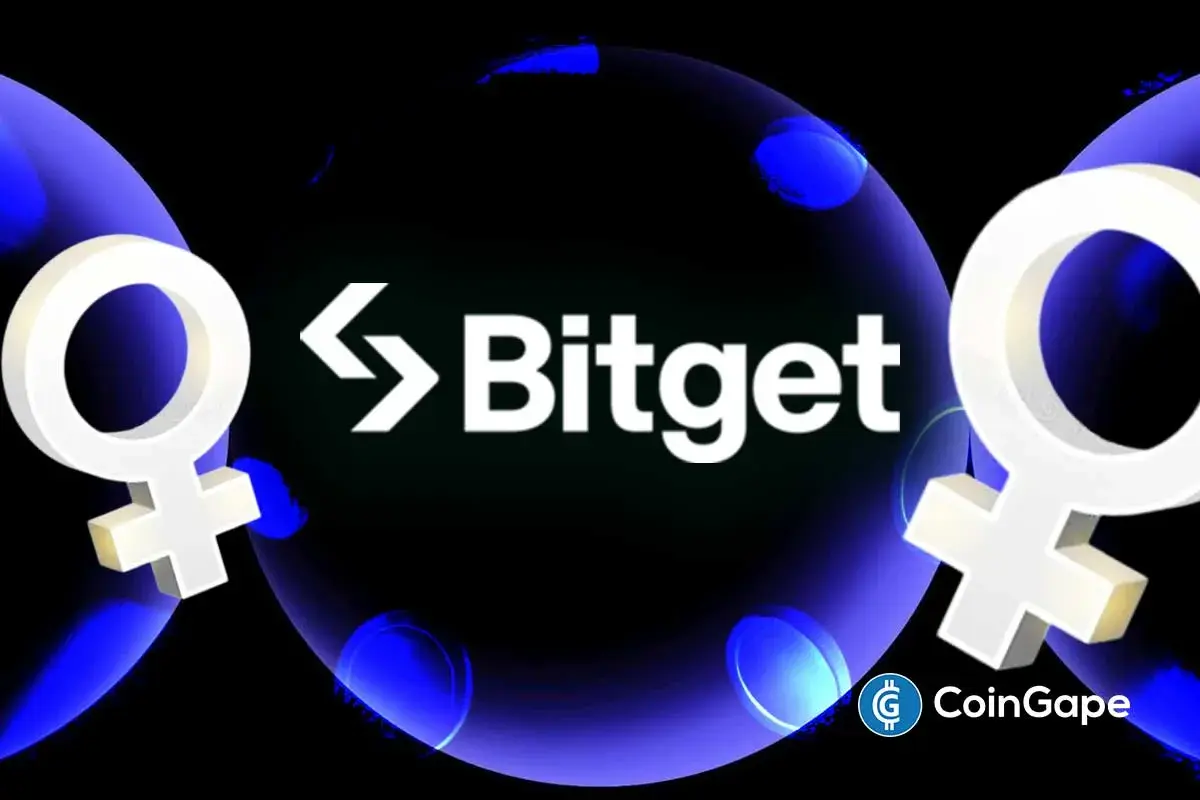DAOs Get Legal Clarity in Wyoming with Landmark Crypto Law

Highlights
- Wyoming enacts law recognizing DAOs as legal entities, pioneering in the crypto legal landscape.
- New DAO framework aims to integrate decentralized entities into traditional financial regulations.
- Wyoming's DAO law could set a precedent for global crypto regulation adaptation.
Wyoming has enacted a law that provides legal recognition to Decentralized Autonomous Organizations (DAOs). Governor Mark Gordon signed the Decentralized Unincorporated Nonprofit Association Act into law, marking a notable moment in the legal and regulatory landscape for blockchain and digital assets.
Wyoming’s Progressive Stance on Crypto
Wyoming has continuously manifested its desire to be a major center in blockchain technology and cryptocurrency companies, much like in the corporate world, of Delaware’s position. This new law is a component of a wider attempt to lure blockchain companies and innovators to the state by giving them clear legal frameworks and supportive regulatory environments.
This act clearly reflects Wyoming’s proactive strategy in dealing with a few of the complex legal issues that come up with the development of a sector, such as the issue of integrating decentralized self-governing structures into the framework of traditional financial regulations.
The legislation resulted from the joint action taken by the state legislators and the industry players, including one of the prevailing players, a16z Crypto. It seeks to address the urgent legal ambiguities associated with DAOs that function the way non-traditional corporate entities do, thus using community-ran governance systems instead of centralized leadership.
Understanding the Legal Framework for DAOs
The Decentralized Unincorporated Nonprofit Association Act creates a new legal structure for DAOs that sets them apart from traditional corporate entities such as LLCs. This distinction is important as it is in line with the nonprofit nature of many DAOs that do not seek to make a profit for their members but rather achieve common projects and actions. The law allows DAOs to interact with third parties, prosecute, and handle tax and liability issues more efficiently by not making every member bear the entire weight of the acts.
This regulatory architecture is anticipated to ease some of the regulatory barriers that DAOs encounter, specifically regarding securities laws and ownership transparency requirements that have become difficult for decentralized entities. Thus, by recognizing DAOs as unincorporated nonprofit associations, the law of Wyoming allows these entities to function within a legal framework that implies certain rights and duties like those of conventional businesses.
Implications and Challenges Ahead
Introducing this legal structure for DAOs in Wyoming could have far-reaching implications for the crypto industry. It provides a model that other states or countries might follow and addresses some of the critical concerns raised by regulatory bodies regarding the accountability and governance of DAOs. However, the effectiveness of this law in attracting DAOs to register in Wyoming and its acceptance by the broader crypto community remains to be seen.
There are challenges ahead, particularly in convincing existing DAOs to adopt this new legal structure, given the inherently decentralized and often anti-establishment ethos of many such organizations. Moreover, the response of federal regulators, especially the Securities and Exchange Commission, to this novel approach will be a critical aspect to watch as the landscape evolves.
Read Also: Senator Cynthia Lummis Drafts Key Bill for Stablecoin Regulation
Play 10,000+ Casino Games at BC Game with Ease
- Instant Deposits And Withdrawals
- Crypto Casino And Sports Betting
- Exclusive Bonuses And Rewards

- Why XRP Price Rising Today? (2 March)
- Breaking: Bitcoin Price Rises to $70k as Gold Crashes Amid U.S.-Iran Conflict
- Bitcoin News: Anthony Pompliano’s ProCap Buys 450 BTC, Gold Bug Peter Schiff Reacts
- Fed Rate Cuts More Likely If U.S.-Iran Conflict Extends, Arthur Hayes Predicts
- Breaking: Ethereum Treasury BitMine Adds 50,928 ETH as Tom Lee Predicts March Bottom For Crypto Prices
- Top 5 Historical Reasons Dogecoin Price Is Not Rising
- Pi Coin Price Prediction for March 2026 Amid Network Upgrade, KYC Boost, Rewards Distribution
- Gold Price Nears ATH; Silver Eyes $100 Breakout on Us- Iran War
- Bitcoin And XRP Price As US Kills Iran Supreme Leader- Is A Crypto Crash Ahead?
- Gold Price Prediction 2026: Analysts Expect Gold to Reach $6,300 This Year
- Circle (CRCL) Stock Price Prediction as Today is the CLARITY Act Deadline

 Buy $GGs
Buy $GGs
















